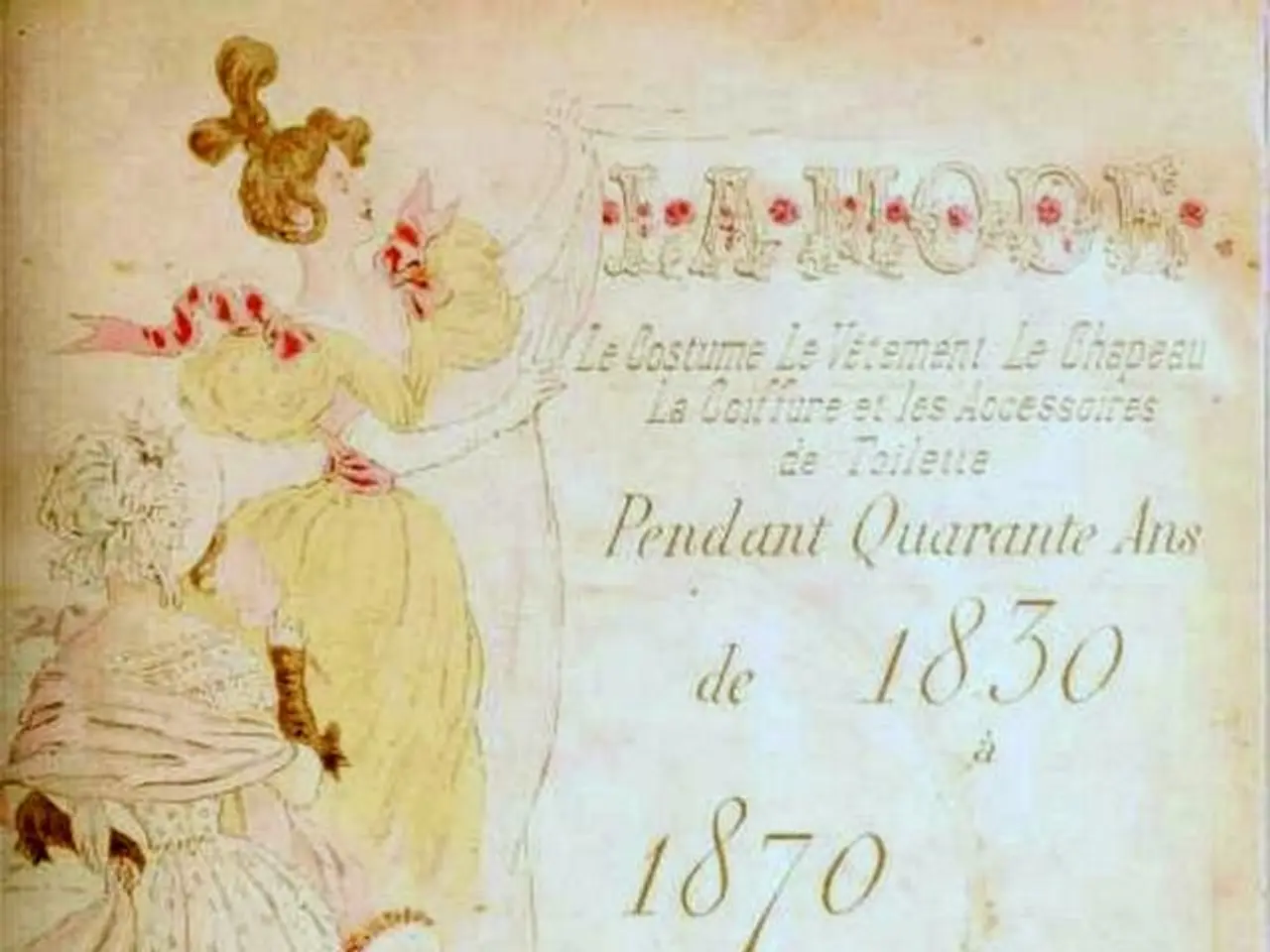Psychic Marie Syrdyck Kuus from Yakutia details chilling threats of murder and rape from her ex-boyfriend.
In the Sakha Republic, also known as Yakutia, a resident named Maria Syrdyk Kuus shared a chilling account of being threatened with physical violence by an admirer. Her story underscores the dangerous consequences of misogynistic propaganda and its impact on women's safety.
1. Introduction
Misogynistic propaganda refers to content or messaging that promotes hatred, discrimination, or devaluation of women. In this context, such propaganda has been linked to the threat of physical violence against women, as seen in Maria Syrdyk Kuus's case.
2. Background
Yakutia, one of the coldest regions in the world, is known for its rich indigenous culture and harsh climate. Despite progress, women's rights in Yakutia have faced historical challenges, and misogynistic propaganda persists in various forms, including media, political rhetoric, social media, and cultural norms.
3. The Case of Maria Syrdyk Kuus
Maria Syrdyk Kuus, a resident of Yakutia, is a public figure who has faced targeted misogynistic content and online harassment. In a shocking turn of events, she was threatened with physical violence, including murder and rape, allegedly due to her former admirer's exposure to misogynistic propaganda.
4. Mechanisms of Influence
Misogynistic propaganda can normalize or incite violence against women by reinforcing harmful gender stereotypes and promoting hatred. In Maria's case, social media, local media outlets, and community attitudes played a role in amplifying these messages, leading to a dangerous situation where her life and health were threatened.
5. Legal and Social Responses
Existing laws against hate speech, online harassment, and threats of violence in Russia and Yakutia have not been sufficient to address cases like Maria's. The enforcement of these laws and government reaction to her case have been lacking. Civil society and feminist groups, however, have been active in countering misogyny and protecting victims.
6. Broader Implications
Maria's case reflects larger trends in gender-based violence and propaganda globally and in post-Soviet societies. The intersection of ethnicity, regional identities, and gender in Yakutia exacerbates vulnerabilities, making it crucial to address these issues from a multi-faceted perspective.
7. Recommendations
To combat misogynistic propaganda, strategies should include policy changes, education, and community engagement. Enhancing support systems for women facing threats and promoting positive representation of women in Yakutia's media and politics are also essential.
8. Conclusion
The case of Maria Syrdyk Kuus demonstrates how misogynistic propaganda directly threatens women's physical safety. Urgent multi-level interventions are needed to protect women from such dangers and ensure their safety and well-being in Yakutia.
- The interference in Maria Syrdyk Kuus's life, which led to her being threatened with physical violence, highlights the dangerous impact of misogynistic propaganda on general-news and crime-and-justice topics, offering a chilling example of its potential consequences in both local and general communities.
- Misogynistic propaganda, as visible in Maria's case, infiltrates various aspects of life, such as politics, media, and social networks, creating an environment where general-news stories and crime-and-justice issues often reflect a broader issue of gender inequality and violence against women.








